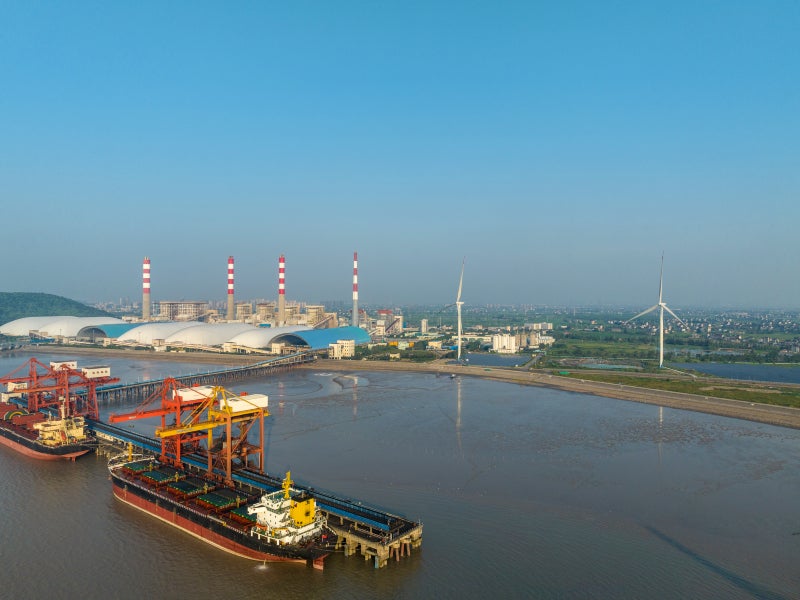
A report by Swiss technology company ABB has shown that oil and gas companies could reduce global carbon emissions by 300,000 tonnes per site per year.
On Wednesday, ABB announced their ‘Energy Transition Equation’ for the offshore oil and gas sector yesterday. According to its authors, this report showed how early adoption of technologies to enable autonomous operations could result in an annual carbon emissions reduction of 25%.

Discover B2B Marketing That Performs
Combine business intelligence and editorial excellence to reach engaged professionals across 36 leading media platforms.
The report also explains how the shift to autonomous offshore operations can improve energy supply and production stability.
Brandon Spencer, president of ABB, said: “Even in the most advanced scenarios for renewables, we will still need to invest in oil and gas infrastructure to ensure availability and stability of supply to meet our energy needs.
“Now is the time to make that investment count, ensuring energy production from hydrocarbons is the most sustainable as we continue to develop renewables.”
As part of its ‘Sustainability Strategy 2030’, ABB reduced its own CO2 emissions by 39% in 2021. As a whole, the company aims to be carbon neutral by 2030. The strategy outlines how ABB will help its clients cut their yearly CO2 emissions by at least 100 megatons by 2030.

US Tariffs are shifting - will you react or anticipate?
Don’t let policy changes catch you off guard. Stay proactive with real-time data and expert analysis.
By GlobalDataBecause the energy industry contributes the largest share of greenhouse gas emissions, incorporating renewable energy sources will be critical in reducing the carbon footprint of oil and gas operations in the coming decades, according to an International Energy Agency analysis. About 70% of the greenhouse gas emissions from offshore oil and gas installations on the UK Continental Shelf are currently produced by gas-driven generators mounted on offshore platforms.
According to the report, complete automation of offshore platforms is gaining traction. Over 50% of all platforms are already unattended in some regions, such as the United Arab Emirates, but in most areas, including the Gulf of Mexico and the North Sea, the proportion is in the range of 10-25%.Operators could also save up to $23,650 annually with remote control systems while reducing CO2 emissions responsible for 5 billion kgs of glacier mass loss per year.





